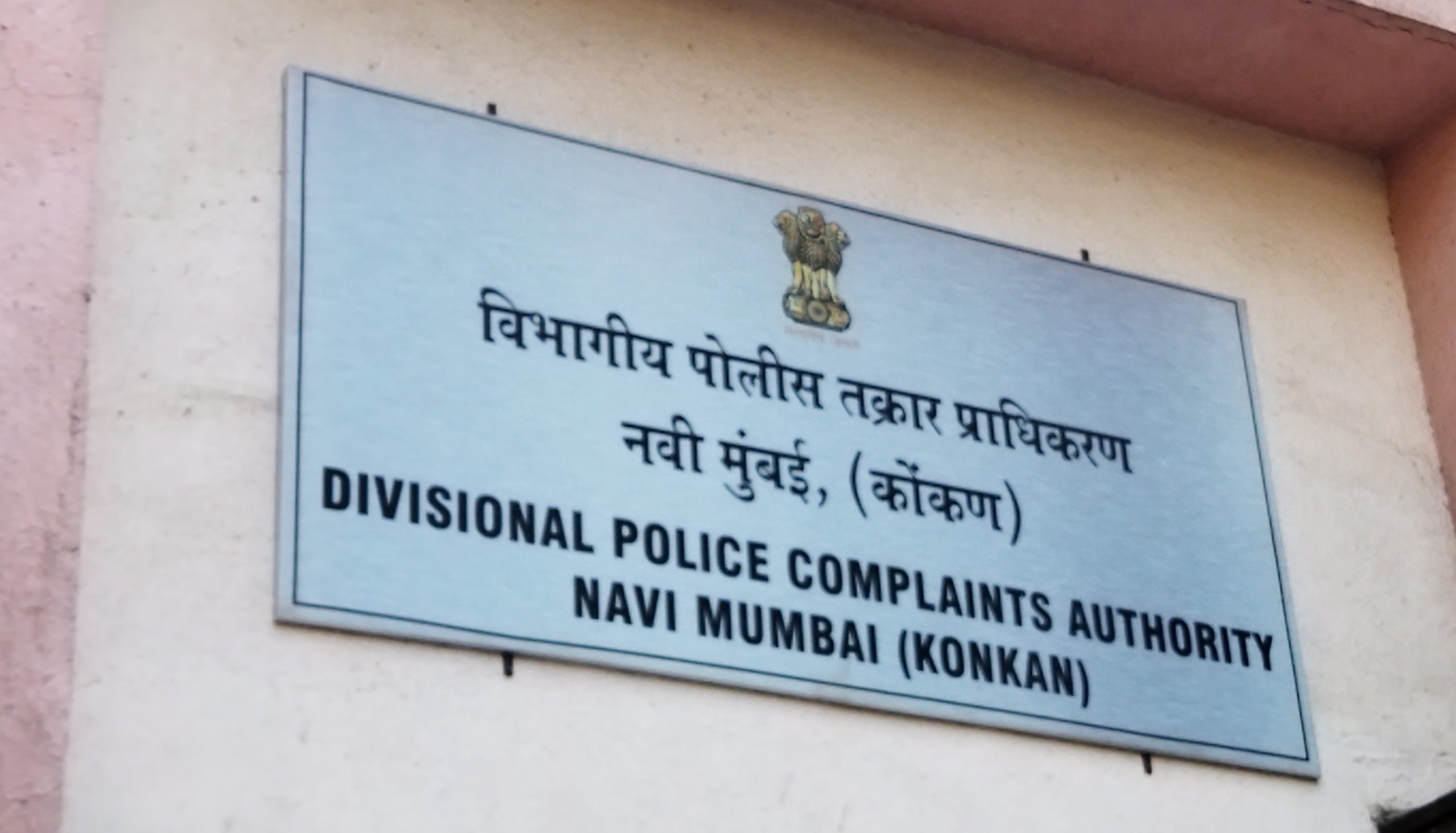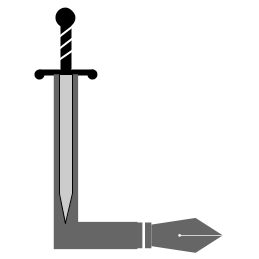Indian Provocation League
“Originally published on 30-May-2012 in livemint in an online column ‘Lawyers Day Out’ by Anish Dayal now Judge at the Delhi High Court”
What is it about the IPL that generates such strong reactions from most? Is it the genuine love of ye old gentleman’s sport of cricket now muddied by the inexorable invasion of the T20? Is it the inability to stomach the crass commercial elements that define each aspect of the league? Is it the arrival of sheer razzmatazz as part of our sporting culture? Is it the cheerleaders? Is it the after-party imbroglios? Is it the uncomfortable sense of things dirty and sleazy lurking outside the sanitized confines of the cricket field? Whatever it is, the Indian Premier League certainly provokes – and with intensity.
A recent cover story by a reputed weekly called it the “suspect circus” and “dirty league” and twitter is abuzz adorning it with the epithet of the “Indian Paap (Hindi for sin) League”. No surprises and perhaps for all the reasons mentioned above and more. This year’s edition, the fifth season of the IPL just concluded, saw the Kolkata Knight Riders bag their maiden title. And from the pictures seen on TV, it gave the people of West Bengal a reason to celebrate for what they seem to associate as an achievement of the State of Bengal. It was a bit funny and weird to see the crowds in Kolkata celebrating as if the World Cup had been won, even though only one of the private league teams which has Kolkata as an adopted and ‘allotted’ city owned by charismatic cine star Shahrukh Khan, won a private T20 Cricket League. One could interpret the frenzy as either a trumped up adventure of the Chief Minister who has been looking for a positive peg to stand on having been on unforgiving political wickets for the last many months or one could simply see it as a genuine love for the sport, the stardom and success in a sporting event. Whichever prism you use, the colours are all bright and engaging.
The IPL was not built or conceived to be a sedate, sauntering animal. It derived its DNA from the immensely successful private sporting league sports in the West like football, basketball and baseball. All these leagues have had their share of notoriety, shame, fame and fortune. They have a history to savour and a fan following which derives its life and existence from its adrenalin. Younger Indians who have been exposed to these international sport leagues either through their globe-trotting adventures or simply through TV viewership would not be inherently averse to the IPL concept. But somehow for a whole generation and above cricket seems to be the God’s game which ought to be played in one manner (i.e. a five day format with whites on and jolly good fellows cheering from the stands) and no other. Therefore, for some, the disappointment with the shorter format. Witness some long painful doses of nostalgia and lost innocence doled out by cynics and fogeys alike. By the fifth year of the IPL however this breed is now getting rarer. There is a precipitating sense that this is indeed wholesome entertainment involving a sport that gets this nation and its people going. There is also an acknowledgment that the short format and prime time TV viewing and stadiums with their hospitality sections are attracting women and children in droves. There is now a sweeping visibility of fan hysteria which forms the core of any private sporting league. As opposed to national or state identities which are inherent in any citizen – carving out new artificial identities based on fuzzy connections with some states and cities of India through teams with corporate owners who have no connections with that region is sincerely tough and a marketing challenge.
But I guess marketers all over the world have a better grip on our psyches than we ourselves. Since aeons. Which is why they make us stupidly loyal to soap and detergent brands and to our creams and shampoos. Cars and cricket teams are just further additions to these lists. In essence therefore there is nothing wrong with the idea or the commerce associated with it. We already know (hopefully) that all we watch on our TV screens runs through the sieve of hard-nosed business plans. Then why blame IPL? Just because it uses cricket as its core commodity and central interest? Also, are we as Indians averse to having further options of entertainment? Are we not to watch cricket with our wives and children, if given a chance? Do we realize that when bat meets ball and ball meets boundary there is a thrill which is unadulterated. It’s still sport, it’s extremely competitive and its gladiatorial theme just makes it bit more edgy.
But then the detractors talk of sex, drugs and betting. What about that? There can be no argument that within the confines of a sporting event and whatever it entails and includes there should be nothing which is unacceptable by normal reasonable society norms. But has that kind of a restriction or ideal ever stopped bad people from behaving badly if they wish to? Have we stopped to run the country because there is corruption in every nook and cranny? Have we stopped giving charity because many NGOs are really fly-by-night ventures aimed at making a quick buck? Have we stopped sending our children to schools because they have become mere businesses? Have we stopped having blind faith in the local TV babas despite the fact that some of them are consummate conmen?
The duty to behave is upon each and every person while the duty to censure and punish is on every organization which has legitimate power under law to do so. Therefore if a cricketer decides to misbehave in his private space he can be judged on the grounds of public standards but IPL cannot be held as the villain of the piece. If a player’s conduct is in breach of regulations which apply to him he ought to be proceeded against as per applicable rules. IPL publishes and prescribes compliance with various ICC/BCCI regulations relating to anti-corruption, match fixing and gambling, anti-racism code, anti-doping and other codes of conduct, as do other sport. But where there are laws there will be law breakers. That does not mean we throw the baby out with the bathwater.
IPL has given a chance and a definitive launch pad to a huge number of young cricketers to express and exhibit their talent. But for IPL, we may have never seen them on the national stage. I don’t need to cite examples. All of them have sweated and served hard to reach that spot and require the commercial support which the league offers – since they mostly come from economically humble backgrounds and even if they don’t, there is no reason why they should not earn more money. People forget that sportspersons have very short careers and they start getting discounted in their thirties and that too if they are extremely talented and lucky to remain in contention till then. So comparisons, of money paid and earned, with normal conventional careers are odious and irrelevant.
It’s time to accept that IPL tangos with both commerce and sport and neither can do without the other. We cannot put this animal in a cage and wish it would slowly die a miserable death. We should rather celebrate its strides though continue to check its behaviour. Let it be a living case study of a zesty and zealous India.
Anish Dayal is an advocate at the Supreme Court. An alumnus of Cambridge University, he works closely on policy and legislation, media, entertainment and sports law



